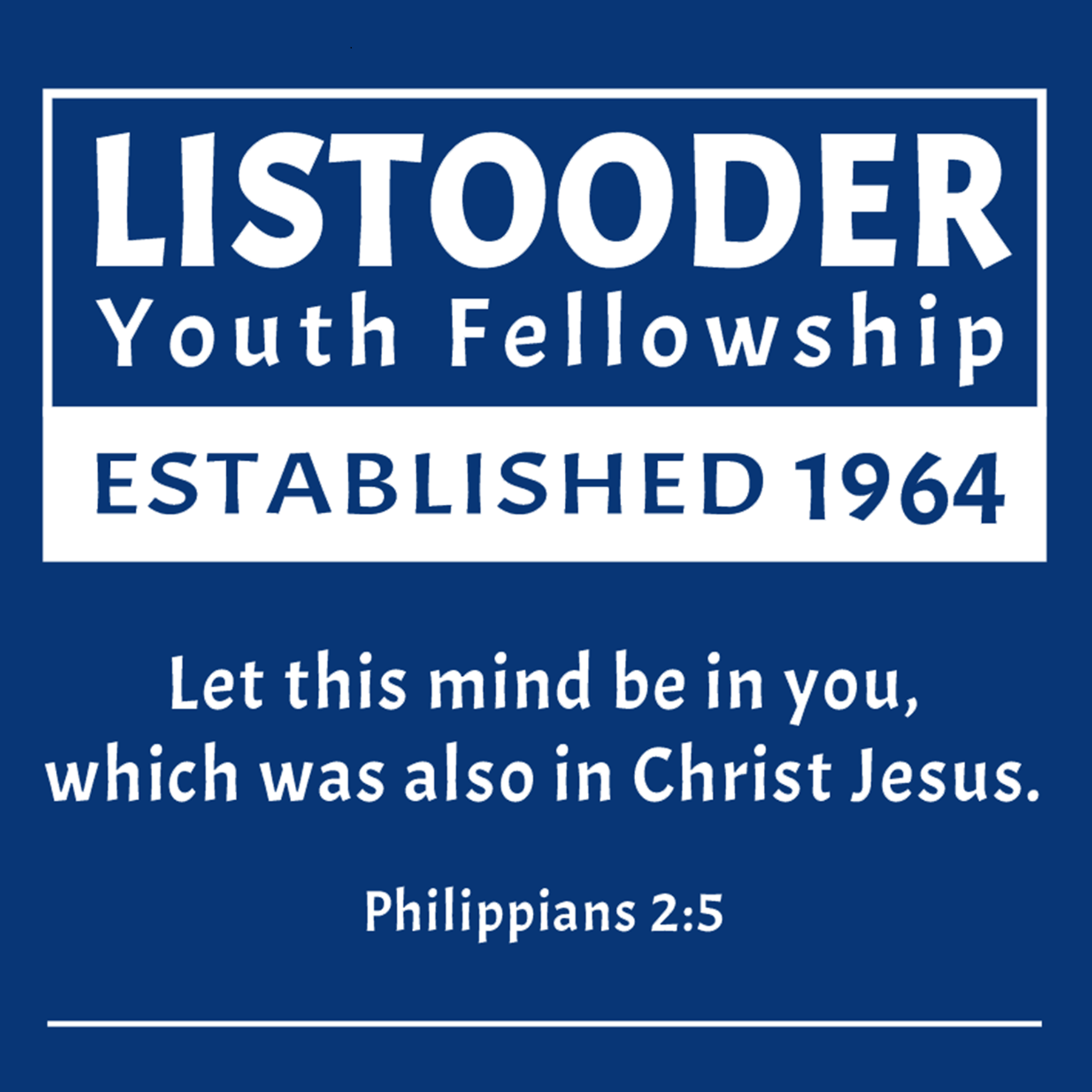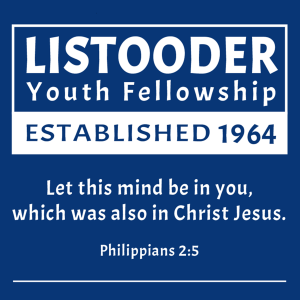
22K
Downloads
217
Episodes
Committed to the Principles of the Word of God we aim to faithfully proclaim the gospel of Jesus Christ and to encourage young believers spiritually.
Committed to the Principles of the Word of God we aim to faithfully proclaim the gospel of Jesus Christ and to encourage young believers spiritually.
Episodes

Sunday Nov 08, 2015
Forgiveness (Matthew 18)
Sunday Nov 08, 2015
Sunday Nov 08, 2015
We were delighted to welcome Samuel Hamilton once again to Listooder, bringing a challenge to the young people gathered in the hall. Reading from Matthew 18, Samuel brought lessons out of Christ's response to Peter who asked the Lord how often he should forgive.
Everyone hurts. Words are spoken and things are done by others that will cause us hurt and pain. Whether intentionally or unintentionally, we have most likely caused significant pain to others with our choice of words and actions. Hurt causes division between people and a wedge between even the closest of friends. It also breeds revenge. Hurt leads to an unforgiving heart.
We are called, in Scripture, to be kind one to another, tender-hearted, forgiving one another (Ephesians 4:32). Yet even Believers find it easier to hold on to bitterness than to give way to forgiveness. Bitterness leads to spite, back-biting, anger and hatred - feelings which should have no place in the church of God. It is a destructive force, destroying friendships, families and fellowships.
In Matthew 18, the Lord tells of a servant who owed a great debt. It was a debt that he could never pay. Yet in compassion, the master, a picture of our Lord and Saviour Jesus Christ, forgave him everything and let him go free. Representing the Believer, the servant, now redeemed from his debt, had a friend who owed him a much, much smaller amount. Rather than take the example of the master, this servant had his friend cast into prison for failing to pay what was owed. Having received the fullness of grace and mercy, the servant refused to show mercy to others. Just as our failure to display these principles will displease our Heavenly Father, so the master was displeased with the servant and sent him to the tormentors until he paid the debt in full.
In holding on to our bitterness and unforgiveness, we convince ourselves that we are justified in our response. Forgiveness is a choice. We choose to forgive or not to forgive, despite our emotions. Despite a feeling of betrayal, immense sadness and physical pain, Christ prayed forgiveness upon His persecuters. Regardless of how real the pain and hurt may feel, we can still choose, by God's help, to forgive.
The servant ended up in turmoil and torment because of his attitude to forgiveness. Unforgiveness, bitterness and resentment will bind us. They will be like chains around us, choking our lives and keeping us from the fulness of the joy of the Lord. True forgiveness is separate from emotions, it is separate from actions - it is an attitude of the heart. It is an unconditional act that requires no input from the debtor. True forgiveness sets us free from bitterness, anger and hostility.
If ever there was justification for unforgiveness, it would be the reaction of a holy God despised and rejected by a sinful people. Yet God, in that moment, commendeth His love toward us in that, while we were yet sinners, Christ died for us (Romans 5:8). If the God of heaven could forgive us, willing to lay down the life of His Son that we might be with Him, then surely we can forgive others.
"And be ye kind one to another, tenderhearted, forgiving one another, even as God for Christ's sake hath forgiven you." - Ephesians 4:32
Version: 20241125

No comments yet. Be the first to say something!